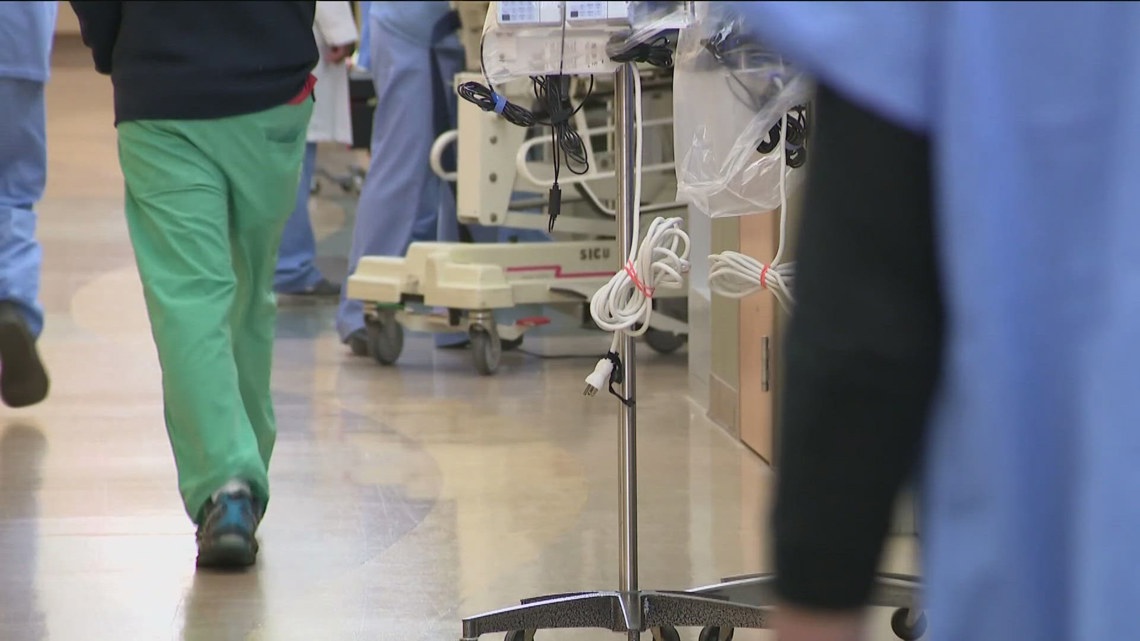Health Coverage Clash: Undocumented Immigrants Spark Heated Debate at Minnesota State Capitol

In the heart of Minnesota's budget negotiations, Republican lawmakers are taking aim at healthcare provisions for undocumented immigrants, sparking a heated debate about access and equity. The proposed budget cuts would dramatically reshape medical support for some of the state's most vulnerable residents.
GOP legislators are pushing to eliminate state-funded healthcare programs that currently provide critical medical services to undocumented immigrants. Their argument centers on fiscal responsibility and concerns about allocating limited state resources to non-citizens.
Supporters of the proposed cuts argue that taxpayer money should prioritize citizens and legal residents. They contend that healthcare for undocumented immigrants places an unnecessary burden on Minnesota's already strained budget.
Conversely, healthcare advocates and Democratic lawmakers vehemently oppose these potential cuts. They emphasize that access to basic medical care is a fundamental human right and that restricting such services could lead to broader public health challenges.
The proposed budget changes would significantly impact emergency and preventative care services for undocumented immigrants. Proponents warn that limiting these services could result in increased emergency room costs and potential community health risks.
As budget negotiations continue, the healthcare debate highlights the complex intersection of immigration policy, public health, and state fiscal priorities. The outcome could have far-reaching implications for Minnesota's healthcare landscape and its immigrant communities.
